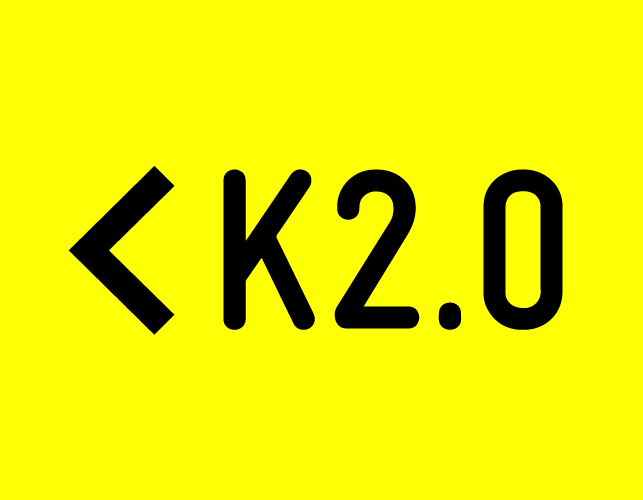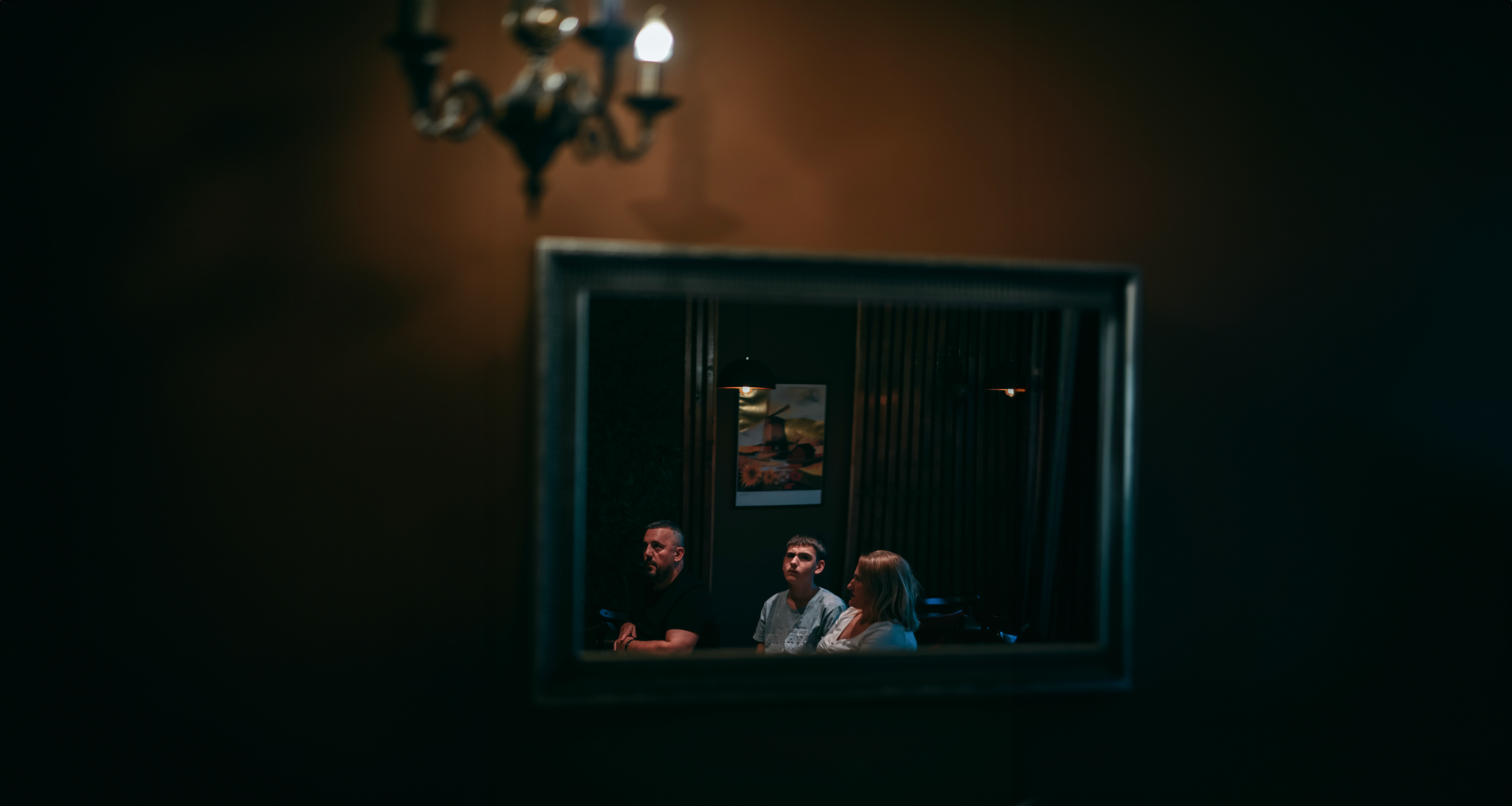
'I am proud of my son'
'I am proud of my son'
Parents of autistic children shoulder burdens unfairly imposed by the state.
Sitting between his parents, 15-year-old Elion listens to the song playing on the cafeteria radio and sings the melody out loud, intuitively picking up the notes. As soon as he goes home to his apartment, he will play the notes on his piano, a passion which started quite accidentally. When Elion and his family moved from Gjakova to Prishtina for him to continue the third grade, they found a piano in their new apartment, left over from the previous owner. No one touched it, until one day, music was heard. Elion had started playing. Since then, with that piano, he effortlessly brings the compositions of Avni Mula and the classics Schubert, Mozart and Beethoven to life.
Elion’s parents, Elida and Arben Paloja, speak with great pride about his talent. They tell how Elion found the piano himself and say that they want nothing more than to cultivate his talent, so that Elion and the piano will never be separated. Yet, this pride is also accompanied by a constant concern — a fear that permeates every aspect of their lives and is deeply embedded in their consciousness, shaping their everyday life and plans. “What will happen to Elion when we aren’t here?” they said. Pianist Elion is a child on the autism spectrum.
Arben and Elida have three sons. For 15 years now, their plans as a couple have been changed by unexpected events. Now, everything they do is to make Elion’s life easier, so that he can live his dreams, unhindered. “You’re forced not to incur expenses, make plans for vacation or investments as a family, because you know that at the beginning of the month that you will need a minimum amount,” said Arben.
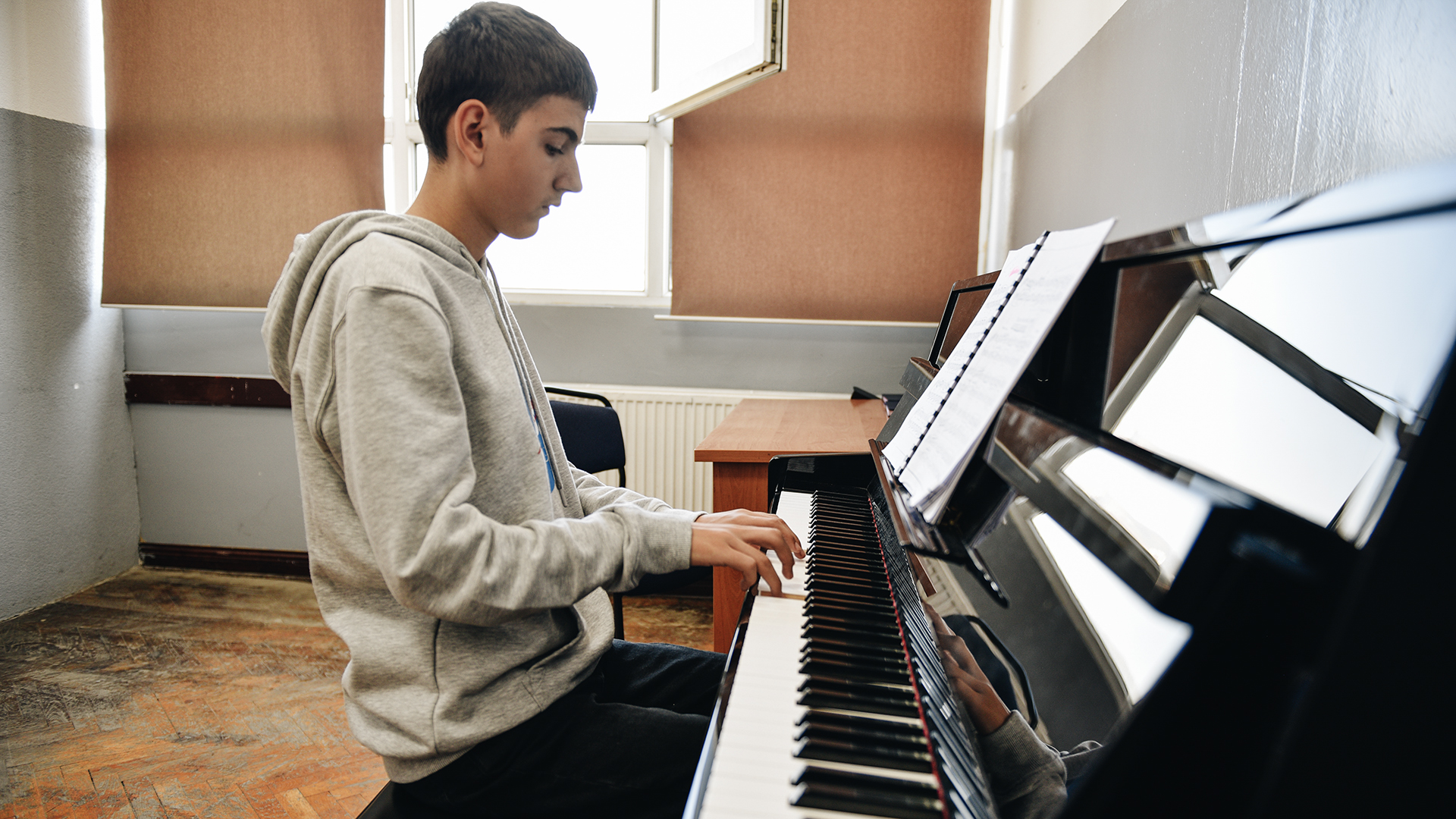
For Violeta Hyseni, mother of 21-year-old Sara, also on the autism spectrum, the search for a better life for her first child has taken her to various destinations abroad. Between 2009 and 2016 she traveled to Germany, Finland and Iceland. These journeys in search of a better life were attempts to get away from the disappointment she and Sara encountered in Kosovo, something that many people on the autism spectrum face. “When I was witnessing what other children with autism face, I realized that everything depends on us, by what I read and saw. Even from talking with family members, who said ‘why don’t you try to go and live abroad?'” said Hyseni.
Hyseni’s days are plagued with similar questions to those of Elion’s parents. “Where will Sara be left after I’m gone? Will she be left on the streets when I can no longer take care of her, or will she die on the streets?”
As Sara enters her twenties in Kosovo, Hyseni remembers educational institutions refusing to accommodate her daughter. This rejection has followed her since kindergarten. “I insisted a lot that she be registered in the public kindergarten, but they didn’t accept her,” she said. Sara only went to school until the fifth grade. She never had the chance to move from elementary school to high school. “They created situations that meant Sara had to be removed [from school]. Even the principal was categorically against Sara continuing her schooling,” said Hyseni.
Meanwhile, Qëndresa and Ardi, parents of 12-year-old Drin, contrast their love for each other and their child with the cold reactions they receive from those around them. “For almost 10 years, we couldn’t go out and drink coffee with Drin. Because if we were to go out into some cafes, he would have scared all the people there. And in our society, if we go to someone’s table at a cafe, they would look up to us and say, ‘What a spoiled child! These are parents who don’t even take care of their child,’” said Ardi.
However, these responses to people with autism have only made Qëndresa and Ardi more vocal in their efforts to oppose these reactions. Despite facing comments from others questioning their parenting with statements like, “What kind of parents are you, you have spoiled your child,” they have made it a goal to show the world that they are proud of their child and that their parenting approach is full of love and respect. “I am proud of my son. Qëndresa even went on many TV shows, not to give us alms, but to sensitize people,” said Ardi. “We have tried to turn every scenario we experienced with Drin into something normal. It’s not easy having someone say in front of 100 people that ‘you didn’t educate your child,'” continued Qëndresa.
For Qëndresa and Ardi, as for Elion’s and Sara’s parents, the main goal is ensuring that Drin receives the proper support and care. Accomplishing this goal, besides being difficult in the face of weak institutional protection for people with autism, has also become an extremely expensive process. “For 10 years since we started intensively, now it depends on the engagements: activities, speech therapist, behavior therapist, classroom therapist, organizing transport, food, treatments in Skopje, Belgrade, Istanbul, Tirana and Prishtina. It is a total that exceeds 100,000 to 120,000 euros,” said Ardi.
For Elida and Arben, Qendresa and Ardi and Hyseni, their daily efforts to make sure that their children have a good life, now go beyond their families. They are committed to nurturing a better future for everyone living with autism in Kosovo. They are alone in their commitment, facing institutional neglect in sectors ranging from health services to education.
No clear institutional path
The autism spectrum includes a group of conditions characterized by a certain level of difficulty with social interaction and communication. However, according to the World Health Organization (WHO), a range of interventions from early childhood can optimize the development, health, well-being and lives of people with autism. The WHO also states that timely psychosocial interventions “can improve the ability of autistic children to communicate effectively and interact with society.”
According to research, the worldwide prevalence of autism is about one in 100 people. Local institutions do not have data on how many people with autism live in Kosovo. The only number that the Ministry of Finance, Labor and Transfers tracks counts children with disabilities who receive financial support as part of the Law on material support for families of children with permanent disabilities. This number currently sits at over 350 children. The existing data is not categorized based on the condition of those who benefit from it. When people with autism turn 18, they benefit from the basic pension for persons with disabilities under the Law on Pension Schemes. The data for beneficiaries over the age of 18 is also not categorized.
The 100 euros they receive from the state, before and after the age of 18, is almost the only bridge between institutions and families of people with autism. 100 euros per month for 10 years amounts to 12,000 euros — a number that does not come close to what Ardi and Qëndresa have spent to provide Drin with proper support over the past decade. It does not nearly reflect the daily sacrifices they make, many of which are a result of the disorganized system that provides social services for people with autism.
Access to appropriate support becomes especially difficult and complicated, considering that the Ministry of Health (MH) has not yet developed a protocol or clinical guidelines for the care of people with autism. In a response to this, the MH told K2.0 that the Division for Mental Health, in collaboration with the Psychiatry Clinic, initiated a request to the Kosovo Council to draft Clinical Guidelines on ‘Autism Spectrum Disorder.’ “This guide is planned to be drawn up at the beginning of the next calendar year,” said the MH.
Besides the lack of clinical guidelines, concerns have also been raised about how existing services for people with autism are delivered. Jeta Deva, executive director of the National Association of Autism of Kosovo (NAAK), a non-governmental organization that works to provide a systematic and qualitative contribution to the creation of suitable conditions for people with autism, said that she is not aware of anyone overseeing psychological practices in Kosovo. “There are individuals who are holding sessions that do not possess the adequate competences or supervision. This should be controlled by the state. In Kosovo, unfortunately, there is no monitoring of the professional and ethical aspect of how this work with children is being developed,” said Deva.
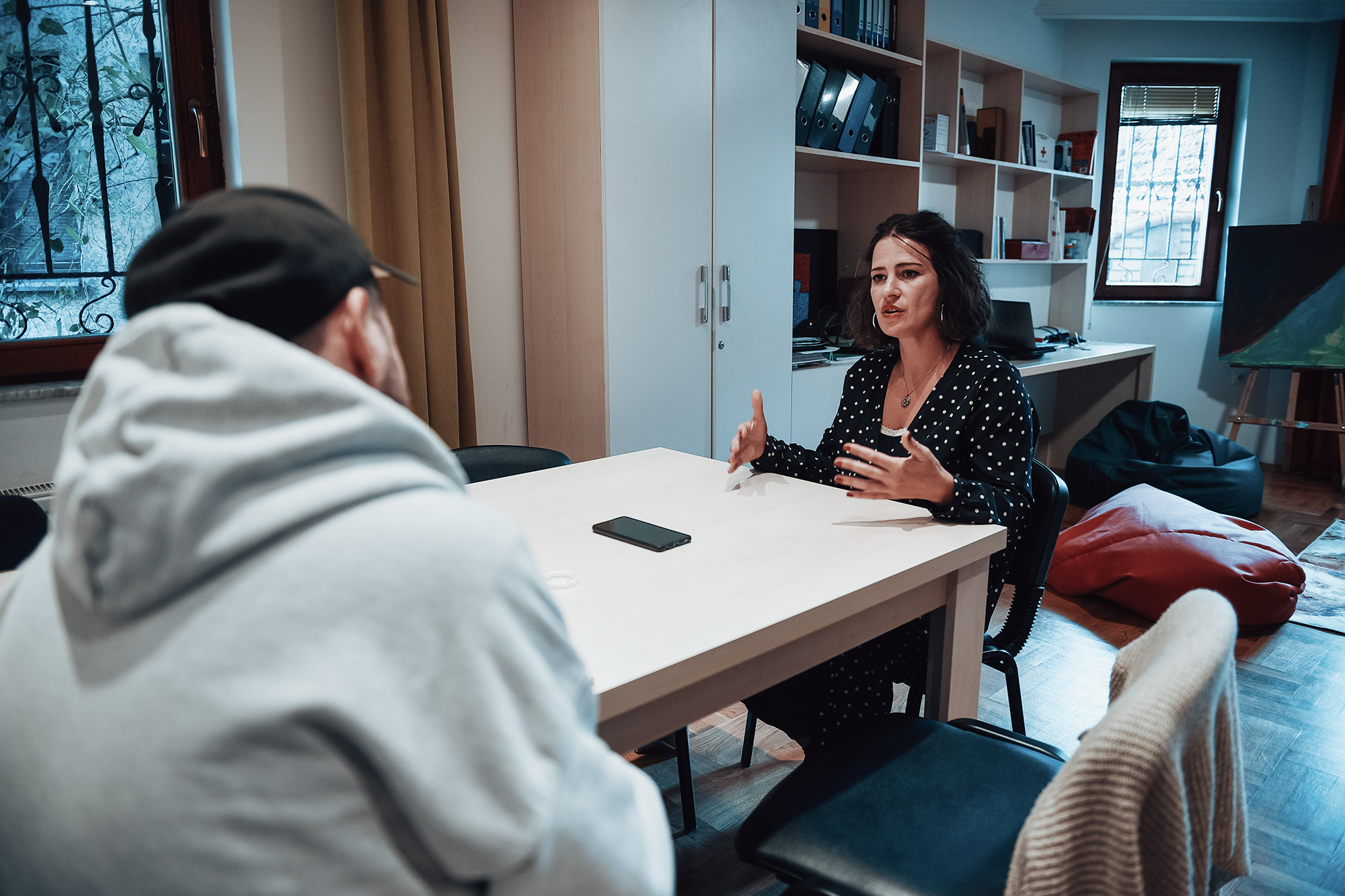
The Chamber of Nurses, Midwives and Other Health Professionals (OIK) is the institution that licenses psychologists, therapists and speech therapists who are essential for working with people with autism. OIK told K2.0 that there is no additional training for professionals who work in this field. When asked whether licenses are ever reviewed after being issued, OIK said that this only happens in cases of professional ethical violations, when the prosecution, the Court of Honor, imposes punitive measures. OIK also does not have a concrete figure for the number of psychologists who specialize in assisting people with autism.
In the absence of a well-defined institutional framework and with obvious concerns regarding the quality of services, the responsibility for supporting people with autism falls on parents. This often alters their lives.
Qëndresa and Ardi are economists. They worked in banking for almost all of their lives, but Qëndresa resigned when Drin was six years old. At that time, she moved to Tirana where there was an autism treatment center that they thought would help Drin.
“She made the decision, she said, ‘I will quit my job. I won’t think twice when it comes to my son,'” said Ardi, reflecting on Qëndresa’s decision to go to Tirana with Drin. “Qëndresa has sacrificed a little more, as she had the potential to progress further in her career.”
In Tirana, Qëndresa’s routine changed completely. She and Drin lived there for 15 months. Although Qëndresa’s workplace was understanding, the uncertainty about the duration of her stay in Tirana did not allow her to continue working there. “I am grateful to where I worked because they were supportive. Even when I moved to Tirana, I didn’t have a fixed deadline on how long I would stay. I initially went for seven months, but I didn’t know how much longer my stay would end up being,” said Qëndresa.
Ardi and Qëndresa constantly talk about the support they both receive and give to each other — something that has become vital to them, in the face of institutional neglect.
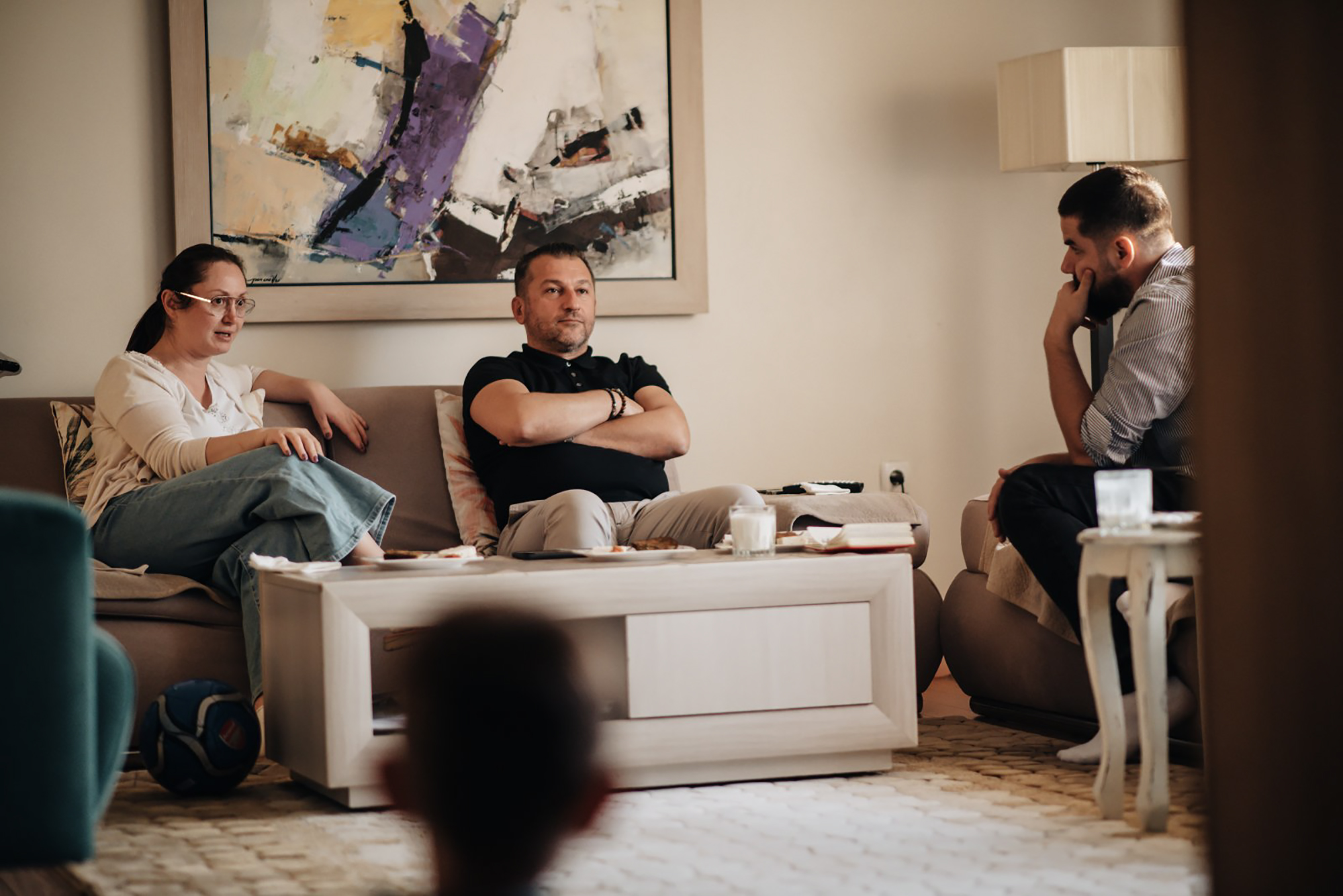

In Tirana, Qëndresa created a plan that would keep Drin and her engaged for 13 hours a day. Every morning he woke up at 8 a.m. to go to the garden with an escort until 12 p.m. Then, their day was spent at the center, from 12:30 p.m. “Then at 3 p.m. we went to sleep. We woke up at 5 p.m.. At 5:30 p.m. we used to go out from the Block to the New Bazaar, we walked about four kilometers. At 6 p.m. speech therapy started. From there we used to walk, and then came back. At 9:30 p.m. he was asleep,” said Qëndresa.
Ardi likens his wife’s duties to military service. Various studies and research draw similar comparisons. Mothers of people with autism face stress, fatigue and symptoms of depression, mainly due to the lack of social services to support parents.
Deva from NAAK emphasized the importance of supporting parents. “Emotional support for parents is very important, to empower them, that they are parents who have tried their best,” she said.
Despite the difficulties, Qëndresa and Ardi never see taking care of Drin as a burden. For them, everything is worth it. A particularly special moment came when Drin, who did not speak until his treatment in Tirana, said his first words. “When I wanted to go inside, he [the speech therapist] quite instinctively said ‘Drin, who is this?’ and Drin replied ‘Mom.’ I don’t know, I will never forget that moment,” said Qëndresa. “I thought that he would never be able to speak, and yet I still loved him so much. And when he called me ‘Mom,’ I don’t know, I don’t know how to explain,” she said, her eyes filling with tears of joy at the memory.
Qëndresa did not tell Ardi that Drin called her “mom.” She wanted Ardi to experience that moment as a surprise. Ardi worked five days a week in a job that required a lot of travel. Still, almost every weekend, he traveled to Tirana. In the week when Drin said his first words, Qëndresa insisted that Ardi come to Tirana on Friday to be there while Drin was in therapy with speech therapists. Ardi went to Tirana and experienced the moment that filled him with hope. “When [the speech therapist] asked him, ‘Who is this?’ and Drin replied ‘Daddy,'” said Ardi. “I wasn’t able to stand. I sat down for half an hour. It’s something … when you lose hope, but then you get a result.”
Elion’s 45-year-old mother Elida does not work. In addition to the role as mother, she also takes on responsibilities that under normal conditions would be the duty of institutions. “I can’t work because then Elion falls behind. There is no one to take him to school. For example, today we have two hours of school, we wait for the bus to the center he attends. We come home for an hour and then go to music school,” said Elida, adding that the days she spends with Elion are filled with love. Financially, the family relies on Arben’s monthly salary.
A 2016 NAAK study on 42 parents of children with autism in Kosovo found that 86% find it difficult to cover the expenses involved with caring for their children. This study also found that 54.8% of parents interviewed did not work. Notably, a majority of these were women with 77.8% declaring themselves as unemployed. According to this research, 47.6% of parents stated that due to the specific needs of their child with autism, they cannot work.
It seems that even today, seven years after NAAK’s research, things have not changed. Parents of people with autism continue to bear the burden of these expenses, despite efforts to change this.
Deva has been fighting for change and in recent years proposed an idea to the Prime Minister and the President of Kosovo. “I tried to make a form of health insurance for people with autism so that they have essential services covered. This service includes child assessment, an individual work plan, family training and at least one [therapy] session per week. This package should be covered for each child, not financed by the family, but provided by the state,” said Deva.
On April 2, 2023, World Autism Day, Prime Minister Albin Kurti pledged greater commitment to people with autism. “April 2 should not only be the world day of autism, but let’s turn it into a daily day of our commitment and dedication to people with autism, who are the children of all of us, and not only of their families,” said Kurti.
It is unclear whether this pledge has begun to be implemented. K2.0 sent questions to the Office of the Prime Minister of Kosovo to understand if there has been any institutional movement in this direction, but has not received an answer.
No money means no school
Accessing health services is not the only barrier faced by children with autism. If the parents of a child or teenager with autism do not have financial means, there’s a high likelihood that the child won’t have access to education. The stories of Drin, Sara and Elion’s parents are marked by constant struggles for their children to access regular schooling in public educational institutions.
Rejection by the education system has cost them dearly. Hyseni’s dilemma about Sara’s education and their many journeys to different countries with her husband and two other children illustrate the long-term impact of this rejection.
In 2009, they traveled to Germany for some assessments and returned after two weeks. “And then we returned, thinking what to do and where to go, always thinking that we’re going to stay here just for some time. We couldn’t think of staying in Kosovo for a long time,” said Violeta Hyseni. After nine months, they all went to Finland where they stayed for two months. After checking the new environment, they decided to come back as they did not think that there was potential to provide proper care and support for Sara. Then, in 2016, they sought asylum in Iceland. There, they were placed in an apartment and sent Sara to a clinical psychologist and neuropsychiatrist.
As they began to adapt to their new life, Hyseni became very concerned about Sara’s education. “Now Sara is not ready for school and is too old for kindergarten. She is old enough for school, but she doesn’t have the preparation,” said Hyseni.
Hyseni’s concern stems from Sara’s rejection by Kosovo’s public education system. This started when Hyseni tried to enroll Sara in public kindergarten in the 2004-2005 school year. “I insisted, but they didn’t accept her. ‘We don’t even have experience with these children and it’s very difficult to manage them, we don’t have the staff,'” they told her. She was forced to enroll Sara in a private kindergarten. In addition to paying for the private kindergarten, she also had to pay two assistants to stay with Sara.
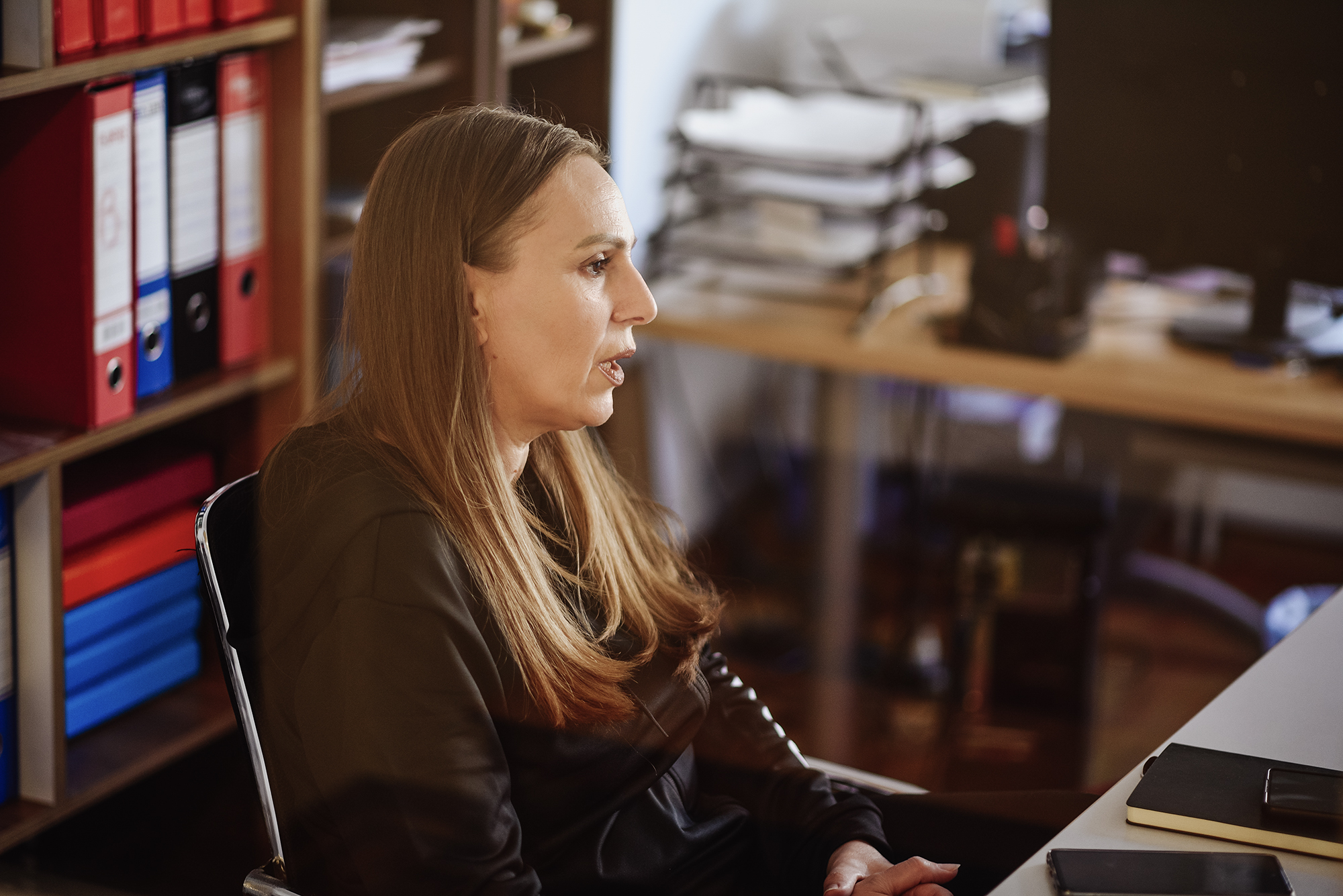
This was not the only instance of rejection Sara faced from educational institutions. In 2009, Sara was enrolled in first grade. Everything went well when she was taught by female teachers. “It helped her to socialize with children, and in some ways it also helped other children to understand that [children with autism] are just like them,” said Hyseni about the first years of Sara’s schooling. After fifth grade, the obstacles returned. “It was impossible to continue with professors,” said Hyseni. Despite the fact that she insisted that Sara would have an assistant with her during her lower secondary education, she said that “[the teachers] didn’t know how to approach her, they didn’t know how to work with her, they had never had similar children.”
Hyseni ended up paying more than double her monthly salary for the assistant. Hyseni said that she spends at least 1,200 euros on the assistant, while her monthly salary is 520 euros. “I have financial options, but what about those who don’t? How do they manage? It’s terrible. Even if you give her only a gift, to her it seems like you gave everything, it hurts, it is very hard,” said Hyseni.
Similarly, Elion has two assistants, his mother Elida and another paid assistant. When Elion was in second grade, they moved to Prishtina as they were unable to find the right services in their hometown of Gjakova. Back then, Elida accompanied Elion to school, but that changed. “Here in Prishtina, when we arrived they asked for an assistant. They told us ‘the parent is not allowed, a paid assistant must be hired’ and we were forced to hire one,” said Elida.
Elion must be supervised by an assistant when in the classroom, which comes with an additional cost for the family. In the absence of a full-time assistant in the school where he attends the eighth grade, the 15-year-old has to miss the last two hours of classes. “The first challenge is he cannot attend all classes at school, because if he did, the price of the assistant would differ,” said Arben.
In order to find a more suitable solution, the family has made compromises and is forced to resort to reduced teaching hours. Arben allocates 180 euros from his salary to cover the cost of five days of assistance for Elion, with four hours of support each day. “This has always followed me, because I have to make compromises and sacrifices. I need to put something else to the side,” said Arben. “Every day I put something aside. Every day, every day.”
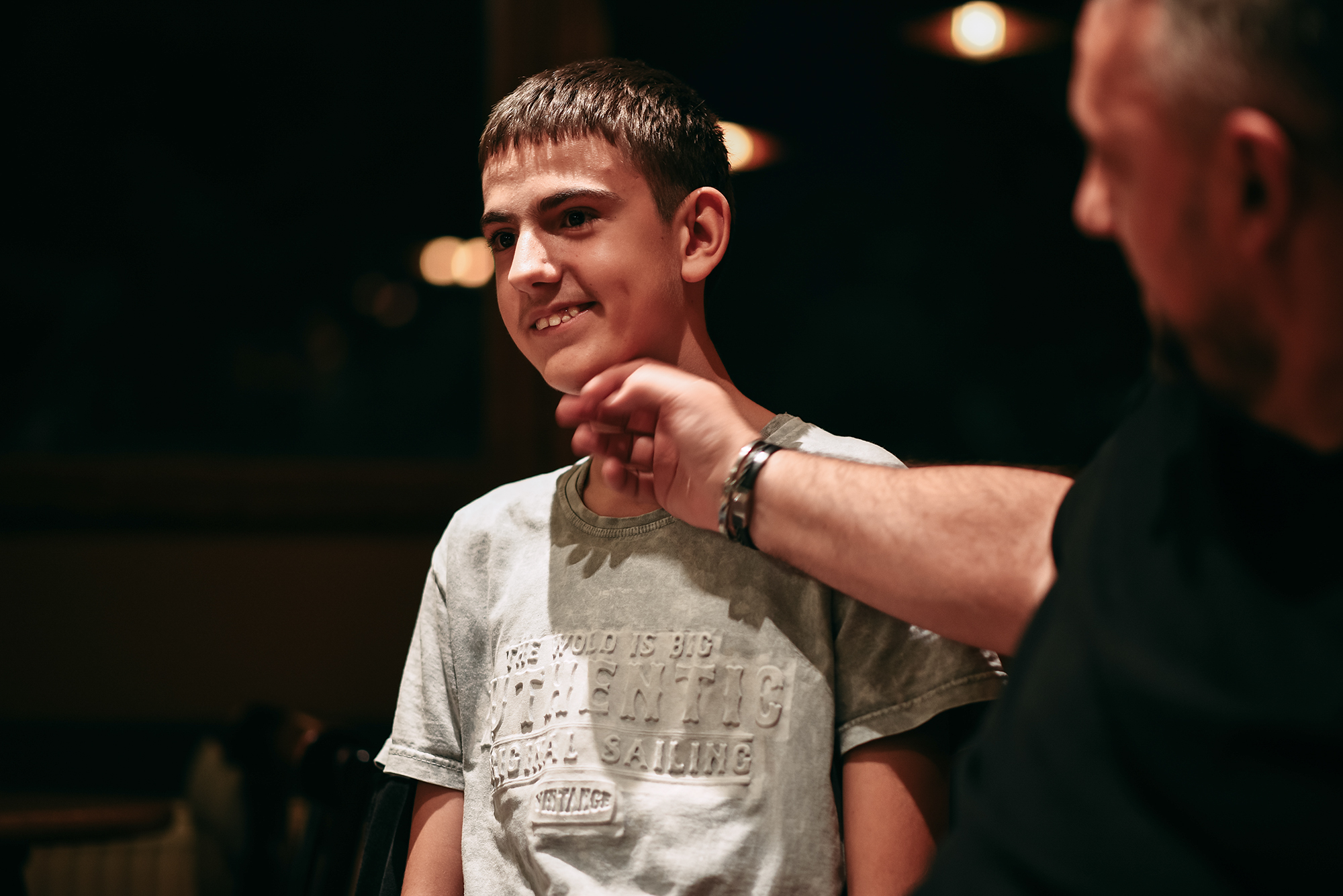
The Ministry of Education, Science, Technology and Innovation (MESTI) made it clear they do not take responsibility for what happens to the child in the event that the institutions do not provide an assistant and the parents are unable to pay for one. “If the evaluation team assigns assistance, then the municipality is responsible for this support,” they responded to K2.0.
However, the municipality has not offered a solution to Elida and Arben. “The municipality does not pay. The municipal administration is informed. They know that Elion does not attend all his classes and they know the reason why. If we were to leave Elion alone [without an assistant], it might be a solution. But the problem is that if we were to leave him alone, the teacher wouldn’t take care of him because there are other 30 students,” explained Arben.
The right to education, which is being denied to children with autism, is a constitutional right. “Public institutions ensure that each person has equal opportunities to be educated, according to the child’s abilities and needs,” states the Constitution of Kosovo. When asked whether parents who cannot pay for assistants can stay in the classroom with their children, so they are not denied the right to education, MESTI answered that “There is no legal basis for this.”
According to the education statistics report for the year 2022 to 2023, in Kosovo there are 3,903 students with disabilities in public institutions. Of them, 239 are on the autism spectrum. According to this data, 199 students have Down syndrome, 300 students have emotional and behavioral disorders, 648 students with speech, communication and language difficulties as well as other groups. This means that a relatively large number of children need assistants during schooling. According to this report, 37 children with autism attend first grade. The grade between preschool and twelfth grade with the fewest students with autism is tenth grade, with just three students. There are only 13 students with autism in high school in Kosovo, which includes the grades 10, 11 and 12.
There are only 243 assistants employed in Kosovo’s schools. “Based on the municipal budget for education, this year the municipalities have planned to hire 300 assistants and are in the process of hiring them,” answered MESTI to K2.0, even though the year 2023 is ending. If 3,903 students need an assistant, it means that one assistant would be responsible for 16 students.
However, the accuracy of the data in the statistics report has been questioned. “The data on students with special needs and the accuracy of these data is complex due to the fact that not all students with special needs who are in regular classes have been evaluated by the professional assessment teams in the municipalities,” states the report.
Institutions continue to ignore the questions of Elion, Sara and Drin’s parents about what will happen to their children when they are no longer there for them. Meanwhile, the parents, bearing burdens that they should not have to, are guided by pride and love for their children. Alone, they carry out the duties of an entire state, not just for themselves, but also for others that will come after them.
Feature Image: Denis Sllovinja / K2.0.
